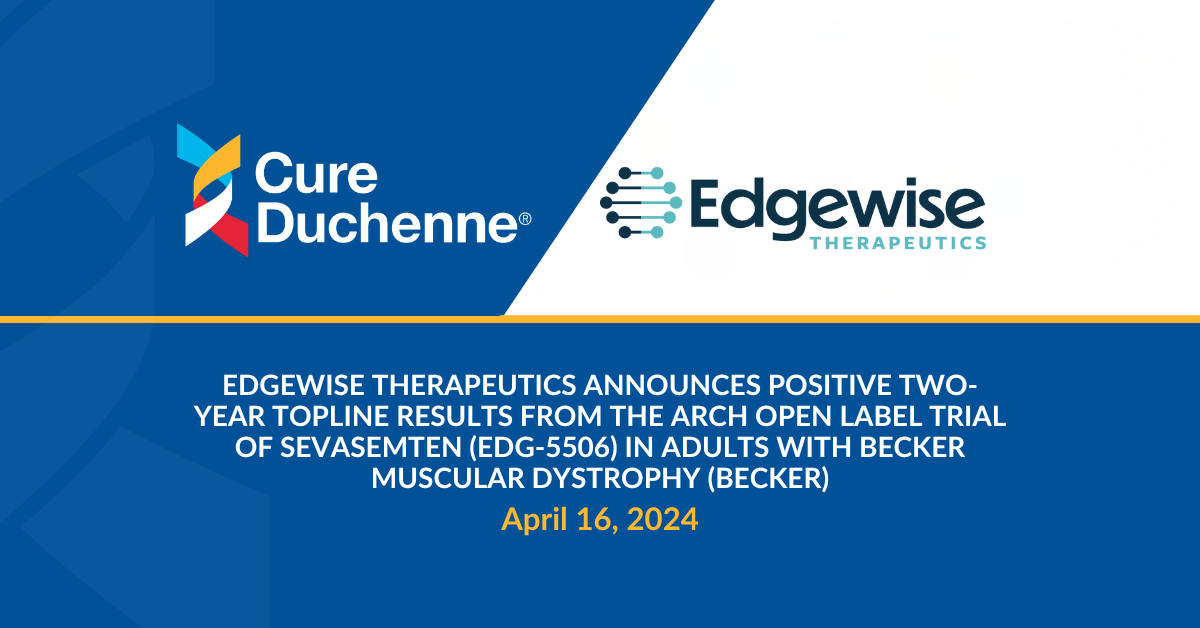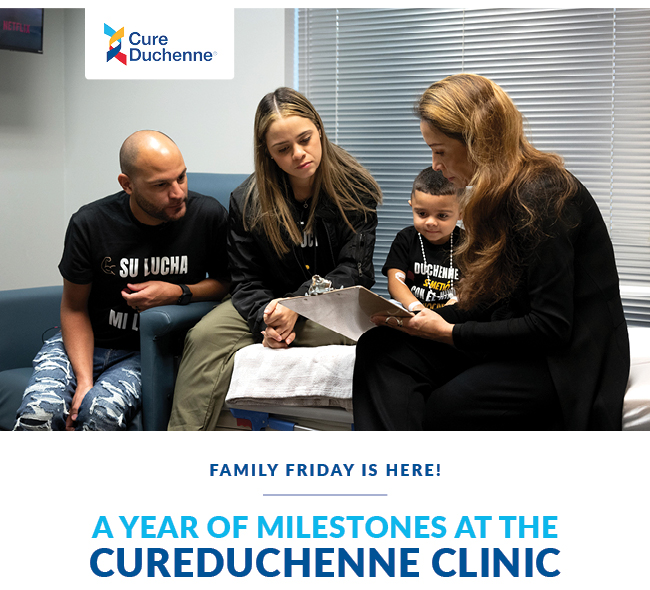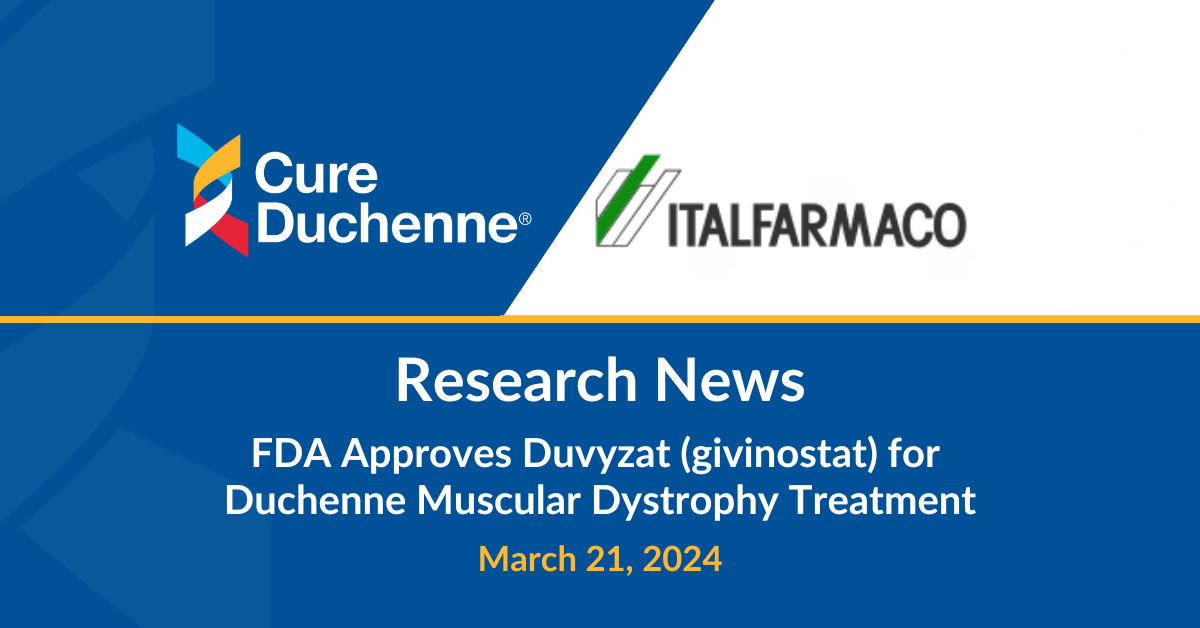Significant Improvements Reported in Duchenne Muscular Dystrophy Patients Treated with Capricor’s Investigational Cell Therapy
ANAHEIM, Calif., Nov. 15, 2017 /PRNewswire/ — Boys and young men in advanced stages of Duchenne muscular dystrophy experienced significant and sustained improvements in cardiac structure and function, as well as skeletal muscle function, following treatment with CAP-1002, the lead investigational therapy under development at Capricor Therapeutics (NASDAQ: CAPR). These findings were reported today by Ronald G. Victor, M.D. at a Late-Breaking Science session of the American Heart Association Scientific Sessions 2017.
Dr. Victor, who is the associate director for clinical research at the Cedars-Sinai Heart Institute and a lead investigator for the HOPE trial, reported that those treated with CAP-1002 had improvement in cardiac muscle function and reduction in cardiac scarring that were statistically-significant in comparison to the control group, according to a pre-specified analysis. In addition, in a post-hoc analysis, 89% of the CAP-1002 treated patients who were more severely impaired demonstrated sustained or improved skeletal muscle function at 12 months, as compared to none of the participants in the control group.
“Because Duchenne muscular dystrophy is a devastating, muscle-wasting disease that causes physical debilitation and eventually heart failure, the improvements in heart and skeletal muscle in those treated with a single dose of CAP-1002 are very promising and show that a subsequent trial is warranted,” said Dr. Victor. “These early results provide hope for the Duchenne community, which is in urgent need of a major therapeutic breakthrough.”
Dr. Victor, who has worked in the Duchenne muscular dystrophy field for 20 years, presented the 12-month results of the randomized, open-label, early stage Phase I/II HOPE clinical trial. The trial was designed to evaluate safety and explore efficacy. It enrolled 25 boys and young men in advanced stages of Duchenne muscular dystrophy and was conducted at three U.S. centers. All participants had significant cardiac scarring and approximately two-thirds were wheelchair-dependent at the time they began the trial.
During the 12-month course of the trial, all patients received standard-of-care for Duchenne muscular dystrophy, including oral steroids, and 13 also received one dose of intracoronary CAP-1002 upon randomization. CAP-1002 consists of allogeneic cardiosphere-derived cells which have been reported to improve muscle function and increase new muscle cell generation in preclinical models of Duchenne muscular dystrophy.
To assess skeletal muscle function, investigators used the Performance of the Upper Limb test (PUL). The PUL tests manual tasks that relate to activities of daily living that are very important for quality of life. PUL has been validated for the assessment of upper limb motor function in individuals with Duchenne muscular dystrophy. The functional tasks of the PUL are subdivided into three subscales reflecting disease progression from proximal to distal (from the middle of the body outward): (1) High-level: shoulder dimension; (2) Mid-level: elbow dimension; and (3) Distal-level: wrist and finger dimension.
As shoulder function had already been lost in most of the HOPE participants, investigators used the combined Mid-Distal PUL subscales to assess changes in skeletal muscle function and found significant improvement in those treated with CAP-1002 (defined post-hoc). Among the lower-functioning patients (baseline Mid-Distal PUL < 55 out of 58), investigators reported sustained or improved motor function in 8/9 (89%) of the CAP-1002 treated patients as compared to 0/4 (0%) of the usual care participants, at 12 months (p=0.007).
To assess cardiac structure and function, investigators used magnetic resonance imaging (MRI). They found significant improvements in cardiac muscle function among those treated with CAP-1002, according to measures of systolic thickening of the left ventricular wall. Systolic thickening is thought to be a principal mechanism of cardiac output generation in people with Duchenne muscular dystrophy.
In the inferior wall, they recorded a mean (SD) 31.2% (47.0%) increase in thickening six months after treatment and a mean 25.8% (46.7%) increase in thickening 12 months after treatment. In comparison, the usual care group showed a mean 8.8% (27.7%) decrease at six months and a mean 1.6% (37.9%) increase at 12 months in the systolic thickening of the inferior wall. The difference between the groups at six months achieved statistical significance (p=0.04; p=0.09 at 12 months).
Investigators also found that scarring of the heart muscle among those treated with CAP-1002 decreased relative to the control group. Progressive cardiac scarring eventually impairs the heart’s pumping ability and is currently the leading cause of death in Duchenne muscular dystrophy. At the 12-month follow-up, those treated with CAP-1002 had a mean 7.1% (10.3%) reduction in scar size, in contrast to a mean 4.8% (22.3%) increase in scar size in the usual care group, a difference that achieved statistical significance (p=0.03).
CAP-1002 was generally safe and well-tolerated in the HOPE trial. There was no significant difference in the incidence of treatment-emergent adverse events in either group. There were no early study discontinuations due to adverse events.
“These 12-month results extend our prior findings with CAP-1002 and further support its potential to serve those with Duchenne muscular dystrophy,” Linda Marbán, Ph.D., Capricor president and CEO, said. “Pending regulatory clearance, we plan to initiate the randomized, double-blind, placebo-controlled HOPE-2 clinical trial in the first quarter of 2018. HOPE-2 will evaluate multiple doses of CAP-1002 given intravenously, and the primary efficacy analysis will be driven by changes in skeletal muscle function as assessed by the PUL.”
Drs. Victor and Marbán are scheduled to participate in a conference call and webcast at 4:30 p.m. ET today to review the results presented at the AHA meeting. To participate, please dial (866) 939-3921 (domestic) or (678) 302-3550 (international) and reference the access code 45894703. Slides to accompany the call may be viewed via the webcast link at https://wsw.com/webcast/cc/capr5. Access to the live webcast as well as the link to the replay of the call can be found at https://capricor.com/news/events/. The webcast will be archived for approximately 30 days.
The HOPE trial was funded in part by the California Institute for Regenerative Medicine.
Read more.




